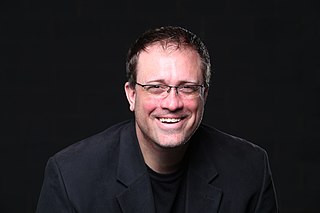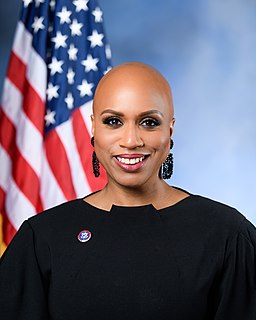A Quote by Robin DiAngelo
I think our everyday coded language around 'good neighborhoods' and 'bad neighborhoods' is what allows for tremendous violence to happen... When you label a neighborhood 'bad' and avoid it, then you don't know and don't see what goes on there. And there's no human face to interrupt that narrative.
Related Quotes
The images that people see in the media of black people - whether journalistic or narrative - remain horrible. And those images, combined with the lack of respect among black people in the poorer neighborhoods for themselves, and the part the police and other people coming into those neighborhoods play, it creates no value for life.
And it's best if you know a good thing is going to happen, like an eclipse or getting a microscope for Christmas. And it's bad if you know a bad thing is going to happen, like having a filling or going to France. But I think it is worst if you don't know whether it is a good thing or a bad thing which is going to happen.



































